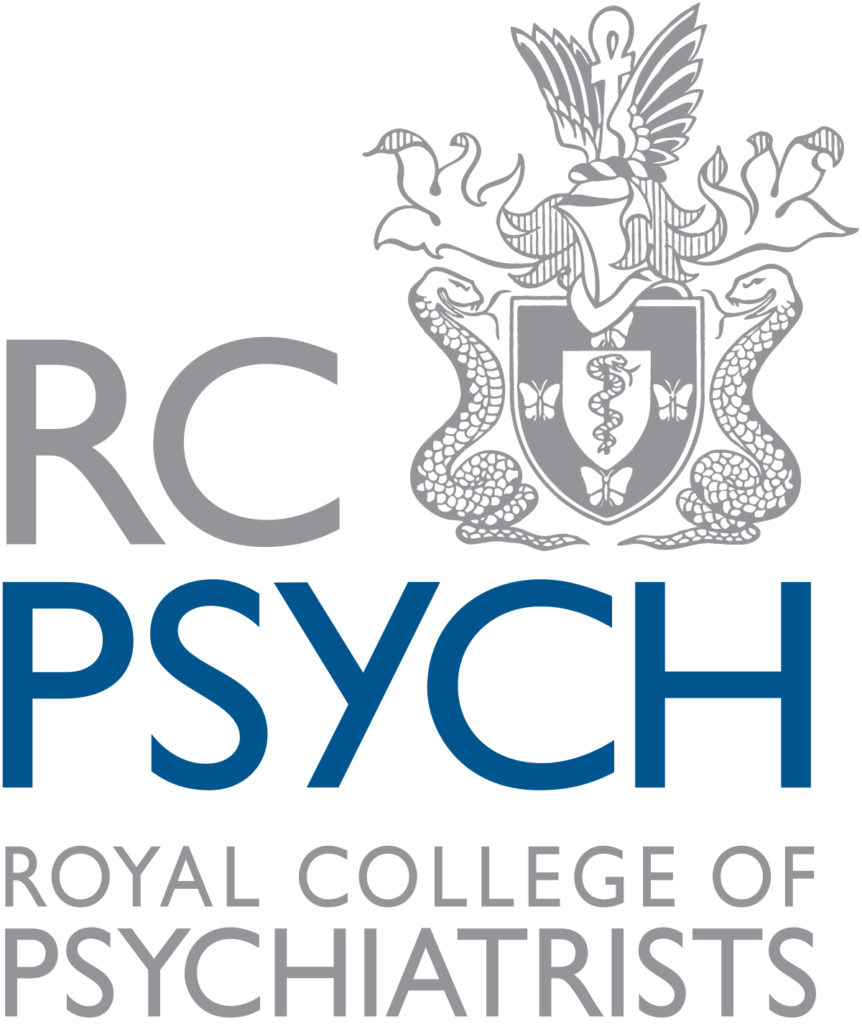
Are you in a relationship that feels toxic and emotionally draining? If so, you may be dealing with a narcissistic partner. Narcissists are people who have an inflated sense of self-importance and lack empathy for others. Unfortunately, it can be difficult to spot the signs of narcissistic abuse, as narcissists often present as charming and loving in the early stages of a relationship. In this blog post, we will be discussing 10 warning signs that your partner could be a narcissist and help you recognize the signs of narcissistic abuse.
1) Your partner is always right
Whenever you argue, your partner always has to have the last say. No matter how hard you try to explain yourself, your partner always finds a way to twist the conversation and make it seem like he/she’s in the right. This is a common tactic of narcissists known as gaslighting – they’ll use any means necessary to make you question your judgment and keep you under their control. They may also employ tactics such as love bombing, hoovering, or even worse, abusive behavior to keep you trapped in an unhealthy relationship. Be aware of these warning signs and don’t let them take away your power.
2) Your partner can’t handle criticism
One of the most common signs that your partner is a narcissist is their inability to handle criticism. Every time you point out their bad behavior, they get very upset and may even turn it around and make it seem like you are the one in the wrong. This tactic, known as gaslighting, is often used in abusive relationships to make the victim feel powerless and confused.
Love bombing involves showering you with compliments and affection so that you forget about the issues in your relationship. Meanwhile, hoovering involves trying to draw you back into an unhealthy relationship after a period of disengagement.
3) Your partner needs constant validation
When it comes to a narcissist, their self-love is often unhealthy and they need constant validation from others. They will go out of their way to get the attention they crave, and if they don’t receive it, they become agitated or lash out. A narcissist wants to be told they’re right all the time, that they’re the best at what they do and that they’re superior to everyone else. If their partner does not feed their need for validation, then a narcissist will either look for attention from other sources or become increasingly controlling in order to get what they need from their partner.
4) Your partner has an inflated sense of self-importance
It can be hard to tell when a partner’s sense of self-importance becomes unhealthy, but one of the most obvious signs is that your partner always looks out for themselves first and the relationship is not a priority for them. This can manifest itself in many ways, from constantly talking about themselves or making you feel invisible to love bombing and gaslighting you to make you question your own reality.
If your partner has an inflated sense of self-importance, they may be using love bombing as a way of gaining control over you. This involves showering you with attention, flattery and gifts in order to win you over and make you more dependent on them. They may also try to manipulate you by gaslighting – denying that certain events have occurred or telling you that your feelings are wrong. Ultimately, they are trying to gain power over you by making you doubt yourself and your own judgement.
If your partner displays any of these behaviours, it could be an indication that their self-importance is unhealthy. In this case, it’s important to take steps to protect yourself and seek professional help if necessary.
5) Your partner has a sense of entitlement
One of the most damaging traits of a narcissistic partner is their sense of entitlement. A narcissist will believe that they are deserving of special treatment and privileges, regardless of their behaviour. They may expect you to prioritise their needs over your own, make unreasonable demands on your time, or give them preferential treatment. This sense of entitlement can be difficult to deal with and can quickly become abusive in relationships. If your partner regularly makes demands that are unrealistic or manipulates you into doing things their way, this could be a sign of a narcissistic personality. If your relationship is becoming increasingly controlling or abusive, it is important to seek help from a qualified professional.
6) Your partner is always the victim
One of the most telling signs that your partner is a narcissist is their tendency to play the victim. They will never take responsibility for their mistakes, and instead always blame others for any problems they experience. Narcissists often engage in abusive relationships, seeking out partners who are more submissive and willing to cater to their needs. They will also never hesitate to point out what other people have done wrong, and use it to justify their own actions or lack thereof. If you notice that your partner is always blaming others and rarely taking responsibility for their own behaviour, it could be a sign of narcissism.
7) Your partner lacks empathy
When it comes to relationships, narcissists often struggle with showing empathy for their partners. While they may be able to put on a façade of caring and understanding, this is usually only done to get something from you. In reality, narcissists do not feel any genuine empathy for the people in their lives. This can lead to toxic and even abusive relationships, as the narcissist is unable to understand or care about the needs of the other person. It is important to recognize this lack of empathy as a sign that your partner is a narcissist.
8) Your partner is manipulative
Manipulation is an important indicator of a narcissistic partner. In fact, it is one of the hallmarks of an abusive relationship. Narcissistic partners are known to use manipulation as a means of getting what they want from their partner. They may use subtle tactics such as gaslighting, guilt-tripping, or other forms of emotional blackmail to get their way. They may also use threats or intimidation to make you comply with their demands. If you suspect your partner is being manipulative, it’s important to take steps to protect yourself and get help from a mental health professional.
9) Your partner is jealous
One of the clearest signs that your partner is a narcissist is their jealous behaviour. Narcissists often struggle with feelings of insecurity and inadequacy, which can lead to intense bouts of jealousy. They may accuse you of having interest in other potential partners, or of having affairs or being unfaithful when there’s no evidence to support these claims. This type of abusive behaviour can have serious consequences for relationships, leading to a cycle of mistrust and control. If your partner is jealous, it’s important to remember that this behaviour is not normal or healthy. Taking steps to identify and address the underlying issues can help both of you create healthy boundaries in the relationship.
10) Your partner has unrealistic expectations
If your partner always expects the best of you and is never satisfied, this could be a sign of narcissism. Narcissists are often highly demanding, expecting everything to be done their way with no room for compromise. This kind of behaviour can quickly become oppressive and can lead to an abusive relationship dynamic. If your partner is constantly finding fault with what you do, even when you’ve done your best, it could be a sign that they are a narcissist. They may also expect you to meet their needs without considering your own feelings or needs.
If you recognise any of these signs in your partner, it’s time to seek help.
Our mental health professional, Dr Steven Joseph, is a qualified doctor with over 30 years of experience with mental health conditions and treatment. If you are in an abusive relationship, consider visiting Dr Joseph for an assessment so he can support you emotionally and help you establish healthy boundaries to minimise abuse in your life.
To book an appointment, use the contact details below:
Phone / WhatsApp: +34 699 556 326
Email: info@englishdoctorbarcelona.com
Or book a Mental Health Assessment directly HERE













